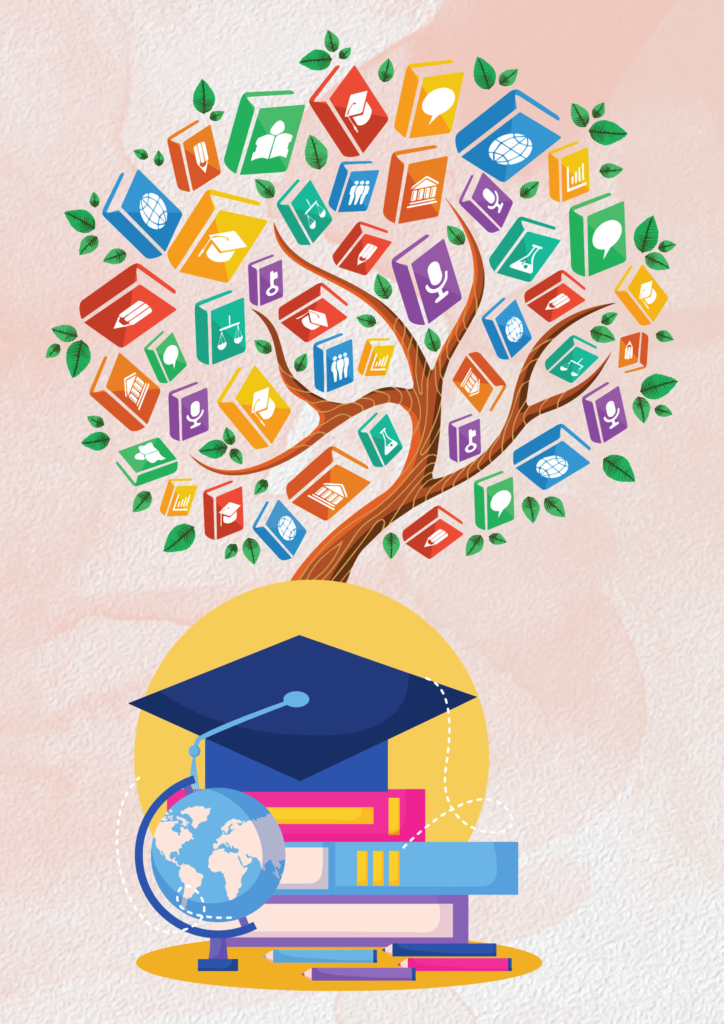Reimagining Indian Education: A Shift Towards Practical Learning

The Need for Reform
The Indian education system, while steeped in tradition and rich history, faces increasing challenges in preparing students for the complexities of the 21st century. To equip students with the skills necessary to thrive in a rapidly evolving world, a significant shift towards a more practical approach to teaching is imperative.
The Limitations of Rote Learning
One of the primary shortcomings of the current system is its overemphasis on rote learning and memorization. Students are often burdened with vast amounts of theoretical knowledge, but lack the practical skills to apply this information to real-world problems. This approach fails to foster critical thinking, problem-solving, and creativity, which are essential for success in today’s knowledge-based economy.
The Importance of Experiential Learning
To address this issue, the Indian education system must prioritize experiential learning. This involves incorporating hands-on activities, projects, and real-world simulations into the curriculum. By engaging students in practical tasks, educators can help them develop a deeper understanding of the subject matter and apply their knowledge in meaningful ways. For example, instead of simply memorizing formulas in mathematics, students could be asked to solve real-world problems that require the application of these formulas.
The Value of Soft Skills
Another critical aspect of practical learning is the development of soft skills. These skills, such as communication, teamwork, and leadership, are essential for success in both personal and professional life. The Indian education system should place greater emphasis on cultivating these soft skills through activities like group projects, debates, and simulations.
Aligning the Curriculum with Industry Needs
Furthermore, the curriculum should be aligned with the needs of the job market. By incorporating industry-relevant skills and knowledge into the education system, we can ensure that students are equipped with the qualifications necessary to secure employment upon graduation. This can be achieved through partnerships with industry leaders, internships, and apprenticeships.
Investing in Teacher Development
In addition to these changes, it is essential to invest in teacher training and development. Educators must be equipped with the skills and knowledge to implement effective practical learning strategies. This can be achieved through professional development programs, workshops, and mentorship opportunities.
A shift towards a more practical approach to teaching is essential for the Indian education system to meet the challenges of the 21st century. By prioritizing experiential learning, developing soft skills, aligning the curriculum with industry needs, and investing in teacher development, we can equip our students with the skills and knowledge they need to succeed in a rapidly changing world.




















